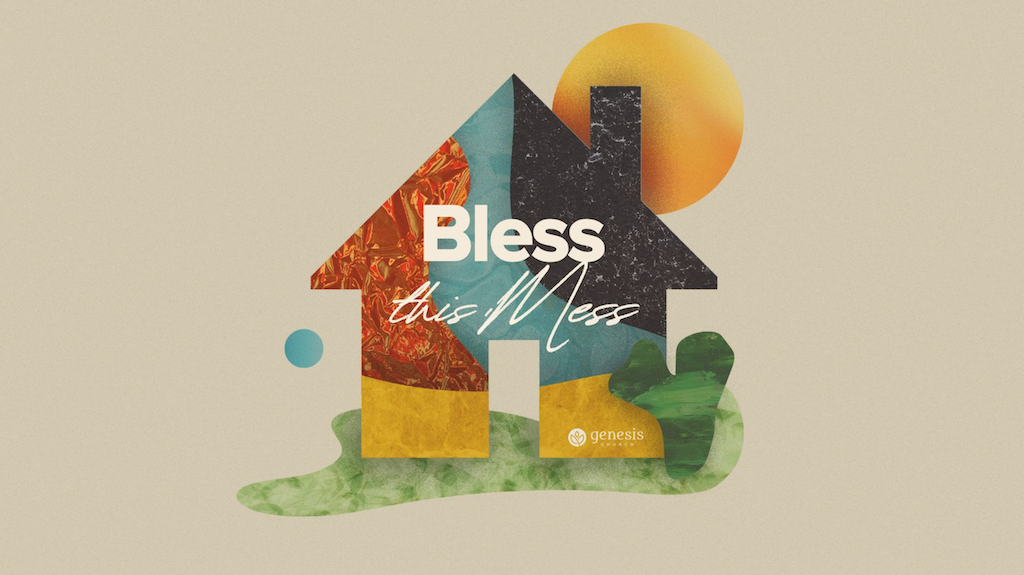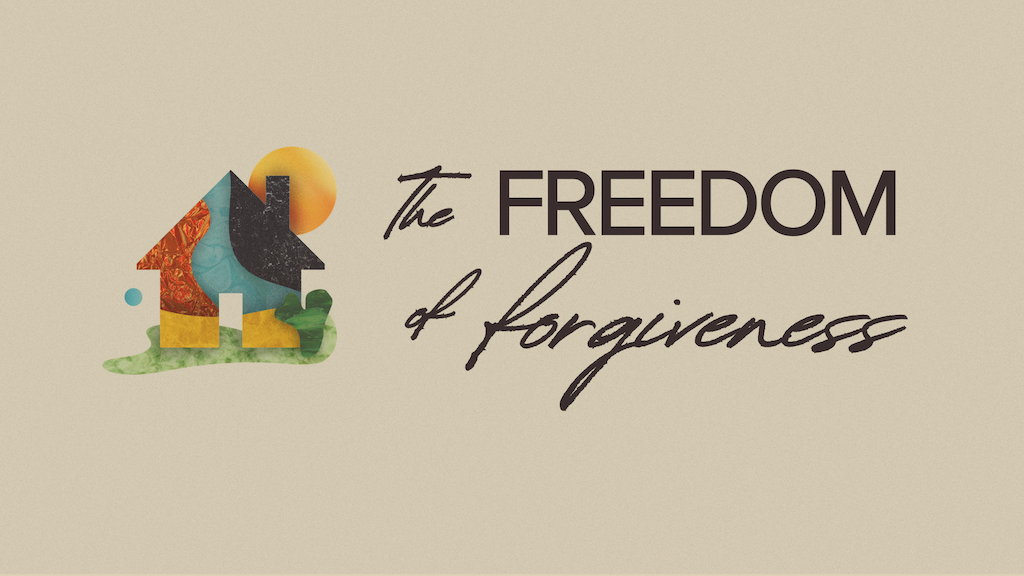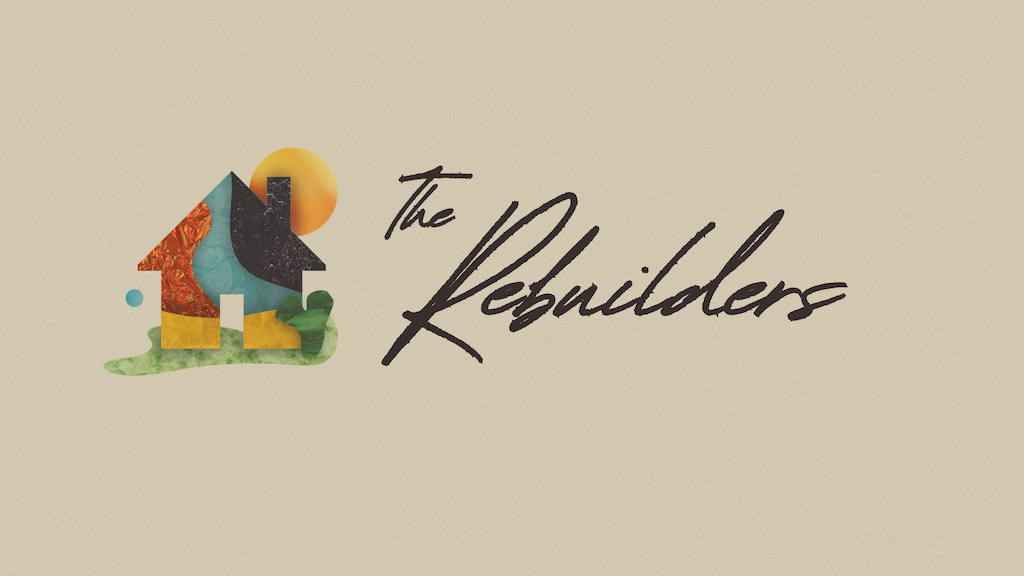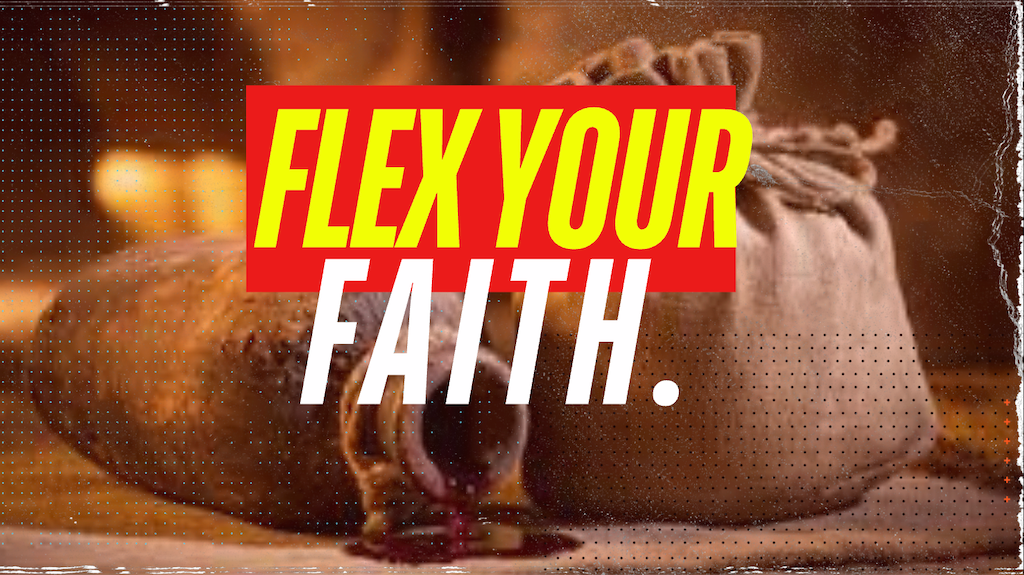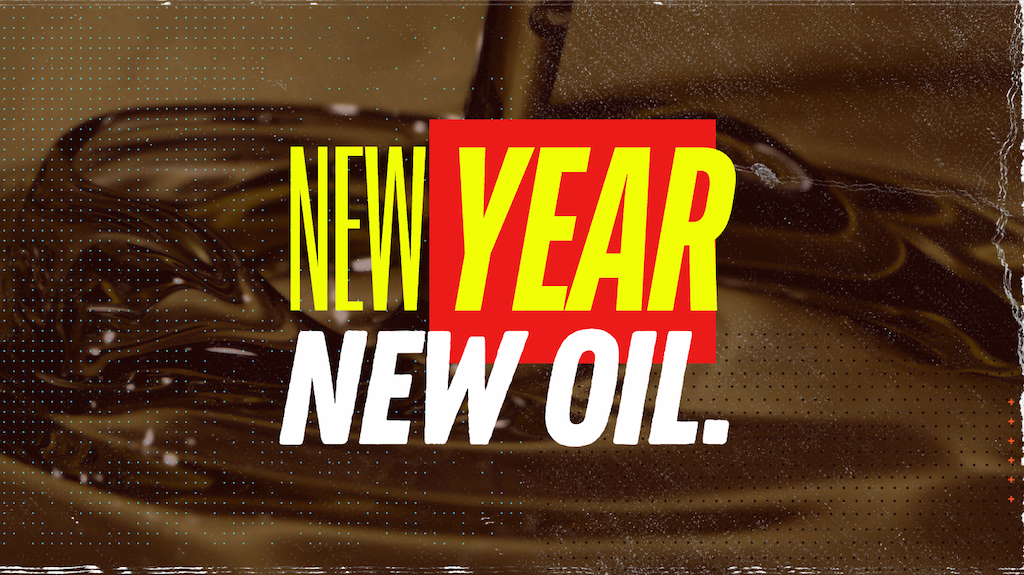Sermon Notes:
Holy Ghost Stories | The Walking Un-Dead
Perspective Shapes Everything
Have you noticed how the words we use reveal our perspective?
Two people can look at the same situation—and describe it completely differently.
Someone buys a $9 Starbucks and calls it a daily treat.
Someone else calls it financially irresponsible.
One person buys Jordans and says they’re collecting.
Someone else calls it compulsive spending.
Even in marriage:
She says, “Can we talk?” He hears, “You’ve messed up.”
He says, “I cleaned the house.” She says, “You just moved stuff around.”
Same situation—different words.
Because how we describe things always exposes how we see things.
And that’s true about death too.
Hollywood says, “The dead walk again”—and turns it into a horror story.
God says, “The dead live again”—and turns it into the gospel story.
The world sees death as the end.
God sees death as the beginning.
The First Ripple of Resurrection Power
After Jesus’ death, something wild happened:
“The tombs were opened, and many bodies of the saints who had fallen asleep were raised… and coming out of the tombs after his resurrection they went into the holy city and appeared to many.”
— Matthew 27:52–53
Imagine running into someone at the market and realizing, “Wait… weren’t you dead?”
The early church called this “the first ripple of resurrection power.”
When Jesus entered the realm of the dead, He preached to the captive souls and set them free.
When He rose, they rose too.
Resurrection breaks every category we have.
For all of history, people were either alive or dead.
Now—there were people who used to be dead.
Can These Bones Live Again?
Even in Jesus’ day, resurrection was debated. The Pharisees believed in it. The Sadducees didn’t.
But long before that, God had already given the prophet Ezekiel a vision that answered the question once and for all.
In Ezekiel 37, God shows Ezekiel a valley filled with dry bones.
It wasn’t about skeletons—it was about second chances.
These bones represented people who’d been defeated, dreams that had dried up, and hope that had been scattered.
And God asked, “Can these bones live again?”
It’s the same question God still asks us:
Can there be life after loss? Hope after hurt? Purpose after pain?
1. The Holy Spirit Reveals
Ezekiel says, “The hand of the Lord was upon me, and He brought me out in the Spirit of the Lord and set me down in the middle of the valley—it was full of bones.” (Ezekiel 37:1)
God doesn’t sugarcoat reality. He takes Ezekiel on a tour of death—showing him just how bad things are.
Because
revelation comes before restoration.
Before God breathes life, He helps us see where we’ve lost it.
The Holy Spirit doesn’t hide what’s broken—He reveals it so He can heal it.
Jesus said, “When He comes, He will convict the world of sin, righteousness, and judgment.” (John 16:8)
Conviction says, “You did wrong, but you can be made right.”
Condemnation says, “You are wrong, and you’ll never be right.”
Conviction is a mirror. Condemnation is a magnifying glass.
One leads to change; the other to shame.
The Spirit exposes death before He breathes life.
2. The Holy Spirit Reforms
Once Ezekiel sees the bones, God tells him to speak to them:
“Prophesy to these bones and say, ‘Dry bones, hear the word of the Lord!’” (Ezekiel 37:4)
Faith speaks to what looks hopeless.
Faith believes God’s word even when it feels weird.
As Ezekiel prophesied, the bones began to rattle and reconnect—bone to bone.
God’s word brought structure back to what was scattered.
That’s what the Spirit does—He
reforms
before He
revives.
He brings things back into order. He sets your life, relationships, and convictions in place so you can stand again.
Before the Spirit fills you, the Word must form you.
The Word gives structure. The Spirit gives strength.
3. The Holy Spirit Revives
Then God says,
“Prophesy to the breath… and say, ‘Come, breath, from the four winds, and breathe into these slain, that they may live.’” (Ezekiel 37:9)
The Hebrew word for breath is
ruach—the same word used for Spirit.
It’s the same breath that filled Adam in Genesis 2, the same breath Jesus gave His disciples in John 20, and the same rushing wind that filled the upper room in Acts 2.
Because God’s Spirit doesn’t just work on things—He wants to move in us.
He told Ezekiel,
“I will put my Spirit in you, and you will live.” (Ezekiel 37:14)
God doesn’t just want to fix what’s broken; He wants to fill you with His Spirit—
to bring you out of your grave, breathe into your lungs, and help you stand again.
When the Wind Blows
Jesus told His disciples, “It’s better for you that I go away; if I don’t, the Helper won’t come.”
He was saying: My presence beside you is good, but My Spirit inside you is better.
Maybe you’ve felt the Spirit working on you—convicting, calling, stirring.
But today, He wants to move in you.
He wants to breathe on your dry bones and fill every place you thought was dead.
The same Spirit that raised Jesus from the dead still raises dead things today.
When the wind of the Spirit blows, what once was buried can breathe again.
Reflection
Is there an area of your life that feels like dry bones—something that’s been lifeless for too long?
Ask the Holy Spirit to breathe on it again.
Because when He moves in, dead things live again.


